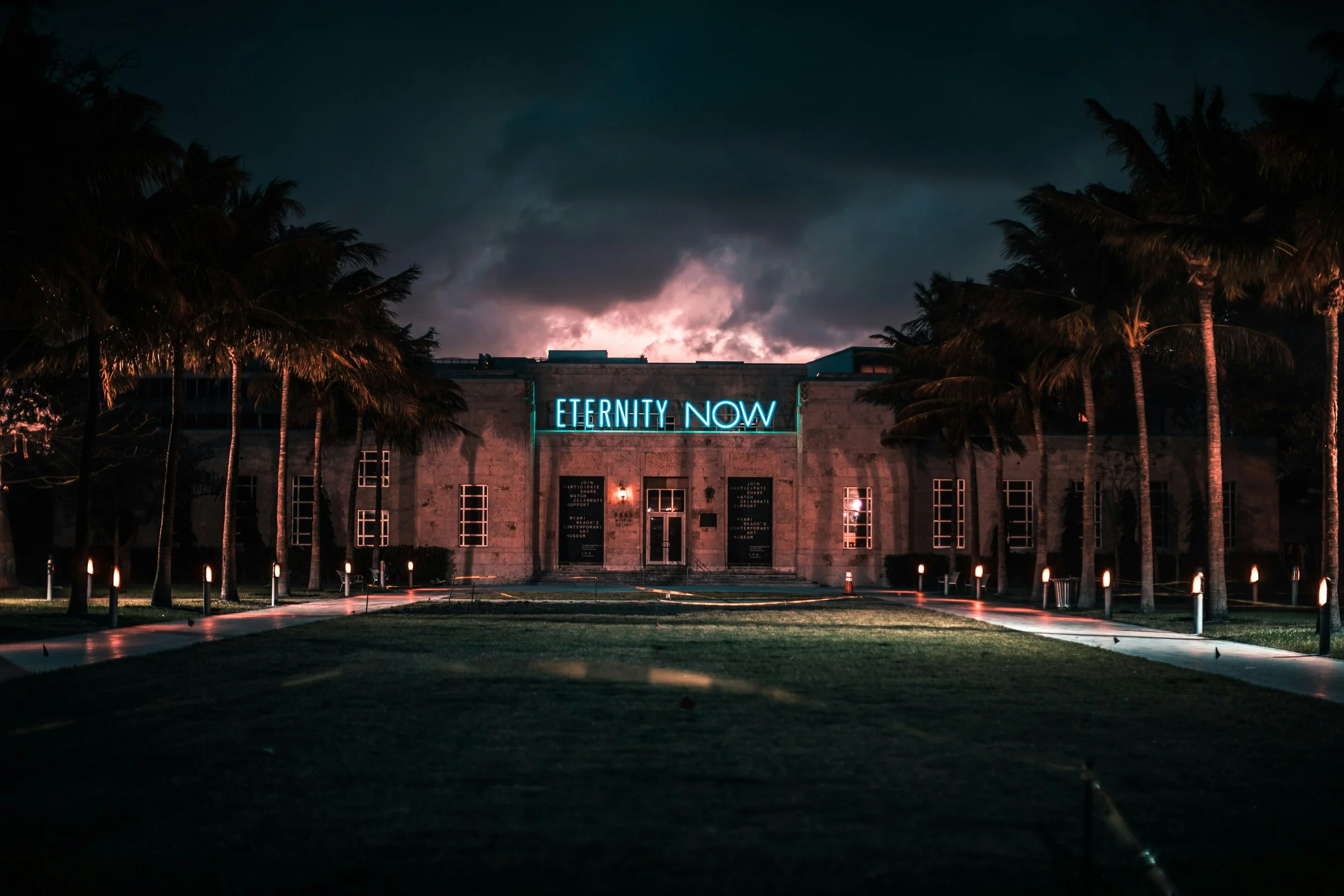The True Normal
Have you ever thought about what normal is? What is normal? The dictionary definition of normal as an adjective is: “usual; regular; common; typical: the normal way of doing it, the normal level.” The definition of it as a noun is: “the average or mean, production may fall below normal.” When we think of normal we are talking about the usual way things are or the average we are used to…literally the norm. The interesting thing about normal and our understanding of it is that we often associate normal with rightness. We form standards according to what we think of or experience as normal. And we do this unconsciously most often. You don’t even notice that you have developed these standards until they are disrupted, until you encounter something that is abnormal to you, something that deviates from your standard, from the norm.
One of the easiest ways to experience this is to travel. Go to a different culture and you will be confronted with someone else’s normal. I remember when I was in college I had the opportunity to travel all over western Europe for a few weeks studying the Protestant Reformation, going to the sites where the major events occurred back in the 16th century. It was awesome and truly life forming for me. But one of the things I noticed while we were traveling throughout France was how different my American diet was to theirs. I found myself desperate for some meat. All you could get on a traveling student’s budget was usually Jambon-Beurre, which is just a ham sandwich on a baguette. The problem was that they were always very stingy on the ham…it was usually a very thin single slice of ham on a baguette. I am a little bit bigger than the average Frenchman, which meant that I was desperately hungry for days until we finally made into the more Germanic countries (Switzerland, Austria, and of course Germany) where they had all kinds of sausages and meats. It was like heaven. Anyhow, my normal diet was vastly different from the French normal diet. There were obviously many more cultural differences, but when you’re a college kid food is all that really matters.
Jambon-Buerre - a French sandwich
Normal…what is normal? You don’t even have to travel out of the country to discover the cultural differences, which you know if you have ever traveled to another city. We are all Americans, but what is normal varies greatly between different parts of the country. For example if you were to go to my hometown of Pittsburgh and order a chicken salad or a steak salad you might be surprised when your order came and it was covered with French fries and cheese. That’s a normal salad in Pittsburgh, baby. Or go to Primanti Bros and order a steak sandwich or chicken sandwich and guess what more French fries…but it also has cole slaw and tomato on it so it’s healthy. It’s basically a Pittsburgh salad in a sandwich. We just can’t think of much that isn’t improved by adding some fries to it.
A Pittsburgh sandwich from Primanti Bros
I have had many friends who came to visit and when they encountered some of these Pittsburgh norms, their reaction was: “that’s just wrong. You should not put French fries on everything.” Their standard was different, their normal was different, what they thought was right. Of course they were wrong, but you get the point. We often associate what we accept as normal with rightness.
And that brings up the interesting question: what about when what you accept as normal and right is bad for you? What about when your normal hurts you? Obviously adding fries to everything brings with it some health risks, but good luck trying to change Pittsburgh traditions. Think about more severe examples. What about someone who grew up in an abusive home...someone who’s normal has always been to be devalued and mistreated or neglected? What kind of person do you think they will seek out to be in relationship with when they are adults? Most likely someone who will treat them the way they are used to be treated, right? Or what if you grew up with someone who struggled with addiction…that was your normal? You will unconsciously be attracted to people who struggle with similar issues when you get older. If you doubt this just go to any recovery meeting and you will hear people who have generations of addiction in their family, and they are working to break that cycle, by God’s grace. The same thing can happen if you lived with someone who had a chronic illness…you grow used to dealing with the stress, the uncertainty, and the drama. Life just doesn’t seem right without that level of stress in it…it is normal. It is the same with PTSD. Remember the movie The Hurt Locker? Incredible movie that captures the realities faced by our military. Soldiers grow so accustomed to the intensity of battle that it becomes their normal and returning to a life of relative peace is extremely difficult. This happens over and over and over again in our world, we go with what we know even if it is destructive to us.
This is the way we are with the brokenness in our world. All of the destructive norms we experience in life become our standard…they begin to influence what we accept as right. Thankfully, Jesus breaks in and shows us something else. Jesus breaks in and gives us a new normal or I should say the true normal. In Mark 1 we see Jesus breaking the norm of sickness and oppression and death. He reveals to us that what we have experienced our whole lives, what we have accepted as normal, is in fact wrong. And this is not just a cultural difference. It is the difference between the way God created the universe and the way it was broken by sin.
One of my favorite examples of how we have come to accept the brokenness of the world as normal and right is Disney. I’ve probably said this before, but Elton John’s “Circle of Life” song in The Lion King illustrates this perfectly. Did you know he is 76 now? Elton John is 76…mind blow! Anyhow, Disney celebrates the circle of life as being natural, normal. Mufasa explains it to young Simba that everything exists in a delicate balance where the lions eat the antelope, but when the lions die their bodies become the grass and the antelopes eat the grass so we are all connected in the great circle of life. This is normal, all of this death…it’s normal. I’m sure the antelope are like, “Oh great, that makes me feel so much better now. Glad I get to be part of this circle of life B.S. Your hunting me and brutally killing me and/or my family members is exactly the same as me eating the grass that grew over your grave years after you died.”
Lion thought bubble: I eat you now, and you eat me later, much later, and not really me, but the grass that I fertilized after I died most likely from old age and not having anyone bite my neck in my prime of life. So we’re even. I feel really good about this. You’re welcome, zebra!
Jesus shows us that sickness and death are in fact not normal. In Mark 1:29-39 (the lectionary Gospel reading from this past week) He heals Simon’s mother. He gladly heals the sick that are brought to him. He casts out the demons, who are oppressing the people. He shows us that the brokenness we may have gotten used to, that has become our average experience is not normal. And the truth is no matter how much Disney may tell us different, no matter how much we try to accept it as normal we know it is not. We know it. Why do you think Simon (later called Peter) told Jesus about his sick mother-in-law? Because ultimately he knew sickness was not normal, it was not right. He had seen what Jesus could do, and he wanted him to heal her. That’s why the whole town came running when they got word of Jesus’ power. They wanted to be healed and set free from sickness, oppression, and death. Deep down in each of us we have a distant ancestral memory that this is not the way it was supposed to be. God designed us and all of Creation for something else.
Another amazing thing about this passage is that Jesus doesn’t stay at Simon Peter’s house. He doesn’t stay in that town. It’s clear the next morning when the disciples find him praying that there are more people who want to be healed…they say to him that everyone is looking for him. But what does Jesus do? He says, “Time to go!” He says that he needs to go to the others towns to preach to them too. You would think he would want to stay and make sure everyone was healed and freed, but he doesn’t, he moves on. The reason for this is that Jesus knew why he had come. He had come to show us all what the true normal was – it was not sickness and death, but it is life and freedom. He shows this in his ministry of healing for sure, but that is not his ultimate goal it simply heals the temporary situation of everyone he met. His goal was to come and deal with sin and death for good, once and for all. His goal was to bring an end to this cycle of brokenness, to break this circle of life and death. He had come to make all things new. Jesus moves on from that town because he had a message for everyone that he came bringing the Kingdom of God to us. He came to deal with the source of our problem, the source of our brokenness, the source of death.
His mission was to go to the cross to die for our sin and then to rise from the dead to conquer the grave for good. Everyone that he healed and set free that day at Simon’s house would go onto to die. Every single person he healed during his ministry would get sick again. The healings and the exorcisms all were signs of his greater work. They pointed ahead to what he was really bringing and that is salvation from our sin. That is why he had to move on. He had to keep on moving on and preaching to new towns until he reached Golgotha, that mountain outside of Jerusalem, where he made sure that God’s true normal would be guaranteed.
It is the promise to us, to all who believe in him, that death is defeated and will not reign over us any more. We have an eternal hope that his cross and resurrection have changed our normal from death to life. We will live with him, and he will come again to bring this true normal to fruition. It is the promise we hear at the end of the Bible in Revelation 21:4: “He will wipe away every tear from their eyes, and death shall be no more, neither shall there be mourning, nor crying, nor pain anymore, for the former things have passed away. And he who was seated on the throne said, ‘Behold, I am making all things new.’” Amen.








